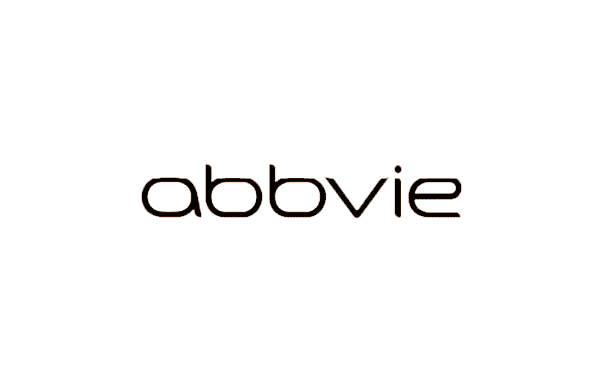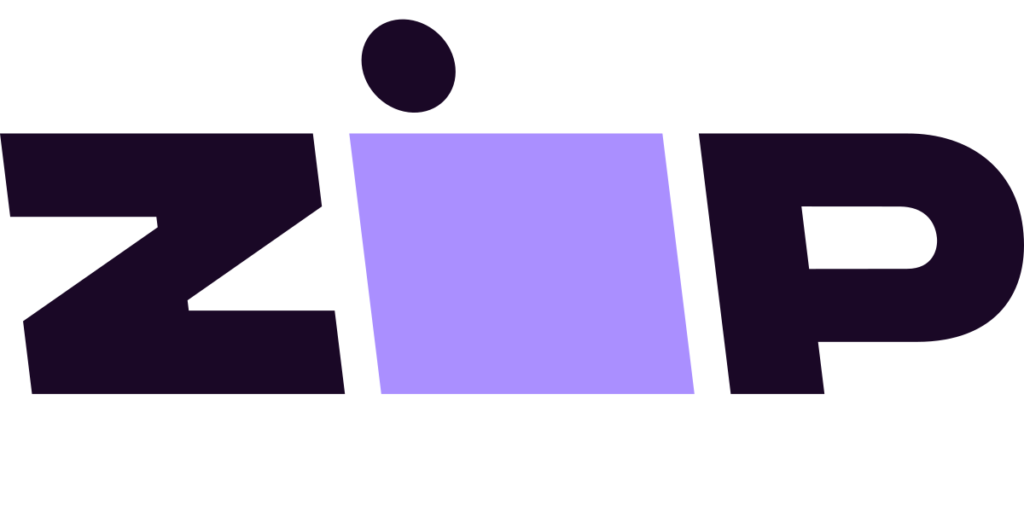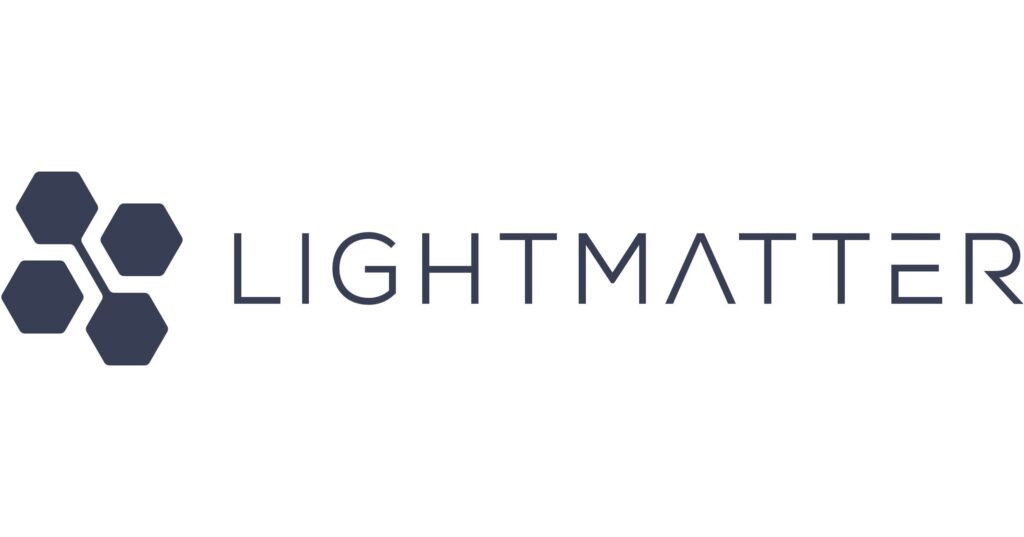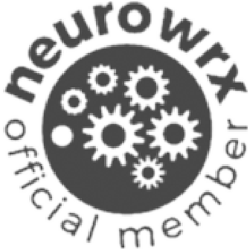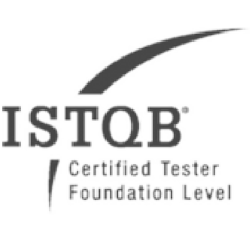Frequently Asked Questions (FAQs)
General Questions & Answers
Quite the contrary. Aspiritech analysts learn quickly, are experienced in testing a diverse array of technologies, and are more efficient due to their innate ability to focus for long periods of time. Our goal is long-term relationships. We like to think of ourselves as an outsource partner, not a vendor, and we strive to efficiently evolve with your testing needs.
Aspiritech’s management staff and QA leads have long careers in QA, extensive training, and an unparalleled commitment to quality and end-to-end user experience. Try a pilot with us and find out for yourself. As one client commented, “We started with them for the mission. We continued because they’re excellent.”
Typically, most engagements start with a pilot project. The initial engagement involves information exchange about the required services, security, and tracking/communication tools. The second step involves signing a mutual NDA, SOW, and often also an MSA. The actual education/presentation of the project is done via videoconferencing.
Aspiritech utilizes actively-managed, industry-standard hardware and software firewalls at several levels within our network infrastructure, at all of our sites. We also utilize IDS/IPS to monitor traffic automatically, the logs of which are sifted through on a daily basis by our IT staff. We maintain a redundant internet connection at our main site to allow us to continue critical work during ISP outages. All networking equipment is set up on UPSes for the sake of surge protection and graceful shutdown during power outages, and cold spares are maintained for our most critical hardware. Sensitive and confidential data is stored and transmitted with industry-standard encryption.
We require all employees (and all non-employees with access to our systems) to complete regular cybersecurity awareness training and privacy awareness training. We are firm believers in the notion that a company’s employees are one of its most vulnerable attack surfaces. For one example, we conduct regular, randomized phish testing to spot-check our susceptibility to phishing attacks and to ensure that our people are familiar with the telltale signs of malicious email.
Aspiritech’s QA Analysts don’t require detailed test plans. We take pride in the fact that we can understand the software and test it without exhaustive steps. In fact, we can develop a test plan for you, along with writing quality test cases. All we do is QA—so building, monitoring, and managing test plans is our strength.
As a nonprofit, we can focus on delivering great service to our clients and a great work environment for our team. In most ways, we look, operate, and act like any typical QA tech firm. Our nonprofit status enables tax-deductible contributions that support our training programs, autism specialists, and accommodations to best assist our team!
Contact our Account Executives by emailing sales@aspiritech.org or call our office at (312) 945-8378. You may also fill out Aspiritech’s Contact Us form. If you’re local to Chicago, we can help you plan a visit to our Evanston headquarters!
SQA FAQs
SQA (Software Quality Assurance) is quality assurance testing for software that ensures conformance against defined standards
- Regression Testing – Testing to detect whether defects have been introduced with recent changes to the code or software
- Exploratory Testing – A testing approach where testers design and execute tests based on their knowledge of the software
- Useability Testing – Testing to determine if the software can be used by specified users in a specified context
- Pair Testing – Testing by two or more testers simultaneously on a single product
- Smoke Testing – A preliminary check of software that makes sure its most crucial functions work before planned testing
- Compatibility Testing – Testing to make sure the software is compatible with different hardware, networks, operating systems, browsers, devices, and dependent software
Aspiritech will assign a project manager and additional analysts (depending on the size of the project) to test your software. We maintain communication primarily through Slack or email. We also use online video conferencing to regularly meet and update clients on testing progress.
Aspiritech uses Jira for defect and project management and TestRail for test plan management.
Yes. We will work by request with your testing software.
Aspiritech works with many different platforms and devices on many different versions of software or hardware. Listed below are some of the most common ones. But if you do not see any particular one, that doesn’t mean we aren’t willing to add to our growing collection of devices.
- Computers
- Windows 7, 10, 11
- Mac OS
- Linux Ubuntu
- Tablets
- Samsung Galaxy
- Apple iPad
- Microsoft Surface
- Phones
- iPhone
- Samsung Galaxy
- Google Pixel
- Browsers
- Chrome
- Firefox
- Edge
- Safari
- Internet Explorer
Most teams have between 1-8 members.
Accessibility FAQs
Accessibility is the concept that a product or service should be used by all—regardless of ability. Accessibility governance exists to assist individuals with disabilities; however, software and hardware producers should accommodate all potential users. The outcome is a better, more usable product for all.
Inaccessible web sites, apps, and digital content make it difficult or impossible for people with disabilities to engage with content, complete online tasks, and have a good user experience. Disabled users sometimes require assistive technologies (AT) to navigate digital spaces and often encounter barriers on the web when websites are built without these users in mind.
An evaluation of one million home pages is conducted by Web Aim every year. The 2022 evaluation found that 97% of the top home pages had accessibility issues—with an average of 50.8 errors per page! Considering that the World Health Organization (WHO) estimates that 1.3 billion people experience a significant disability today, this means up to 16% of the global population encounters barriers on the web every day. Disabled individuals are thereby prevented from completing mundane but necessary tasks online, such as accessing information.
The Americans with Disabilities Act (ADA) is a civil rights law from 1990 that prevents discrimination of people based on disability. Title III of the ADA requires public entities make their programs, services, and activities accessible to individuals with disabilities.
While the ADA doesn’t explicitly address web content, many courts have ruled that websites fall under Title III—stating that websites are places of public accommodation, and therefore need to be accessible to users with disabilities. The Department of Justice has consistently taken the position that the ADA’s requirements apply to all the services, programs, or activities of state and local governments, including those offered on the web.









